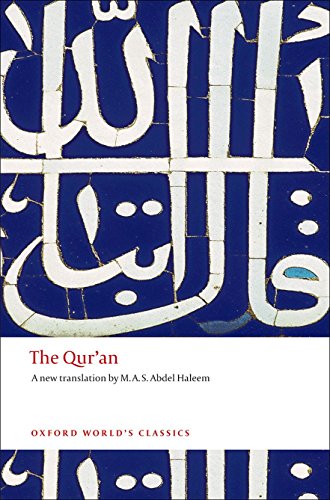Role of the Quran in Islam
The Quran holds a central and fundamental role in Islam, serving as the primary religious text and source of guidance for Muslims around the world. It is considered the literal word of God, revealed to the Prophet Muhammad through the angel Gabriel over a period of 23 years. The Quranic teachings encompass all aspects of life and provide a comprehensive framework for religious, social, and moral guidance for Muslims.
Divine Revelation and Guidance
According to Islamic belief, the Quran is the direct and unaltered word of God, revealed to guide humanity. It serves as a source of divine revelation and is considered a miracle in itself. Muslims view the Quran as the ultimate authority and the final revelation, superseding all previous scriptures, including the Torah and Bible. The Quran provides Muslims with a roadmap for living a righteous and purposeful life, offering guidance and solutions to everyday problems.
Religious Practices and Rituals
The Quran plays a crucial role in shaping the religious practices and rituals of Muslims. It provides the framework for acts of worship, such as the five pillars of Islam, which include the declaration of faith, prayer, fasting, giving alms, and the pilgrimage to Mecca. The Quranic verses guide Muslims on how to perform these acts of worship, specifying the rituals, intentions, and recommended practices. The recitation and memorization of specific verses from the Quran are also an integral part of Islamic rituals, such as daily prayers.
Moral and Ethical Guidance
The Quran provides Muslims with moral and ethical guidance, outlining values and principles essential for leading a righteous life. It emphasizes concepts such as justice, compassion, honesty, and kindness. The Quranic teachings encourage adherents to act with integrity and display good character in all aspects of life. It condemns vices such as lying, cheating, and harming others, while advocating for generosity, forgiveness, and respect for fellow human beings. Muslims believe that following the Quranic teachings leads to spiritual growth and moral development.
Source of Knowledge and Education
The Quran serves as a vast source of knowledge and serves as the foundation for Islamic education. It covers a wide range of subjects, including theology, law, ethics, history, and science. Muslims study the Quran to deepen their understanding of Islamic teachings and gain knowledge of other fields. The Quranic verses are also a source of inspiration and motivation, enriching the intellectual and spiritual growth of individuals.






